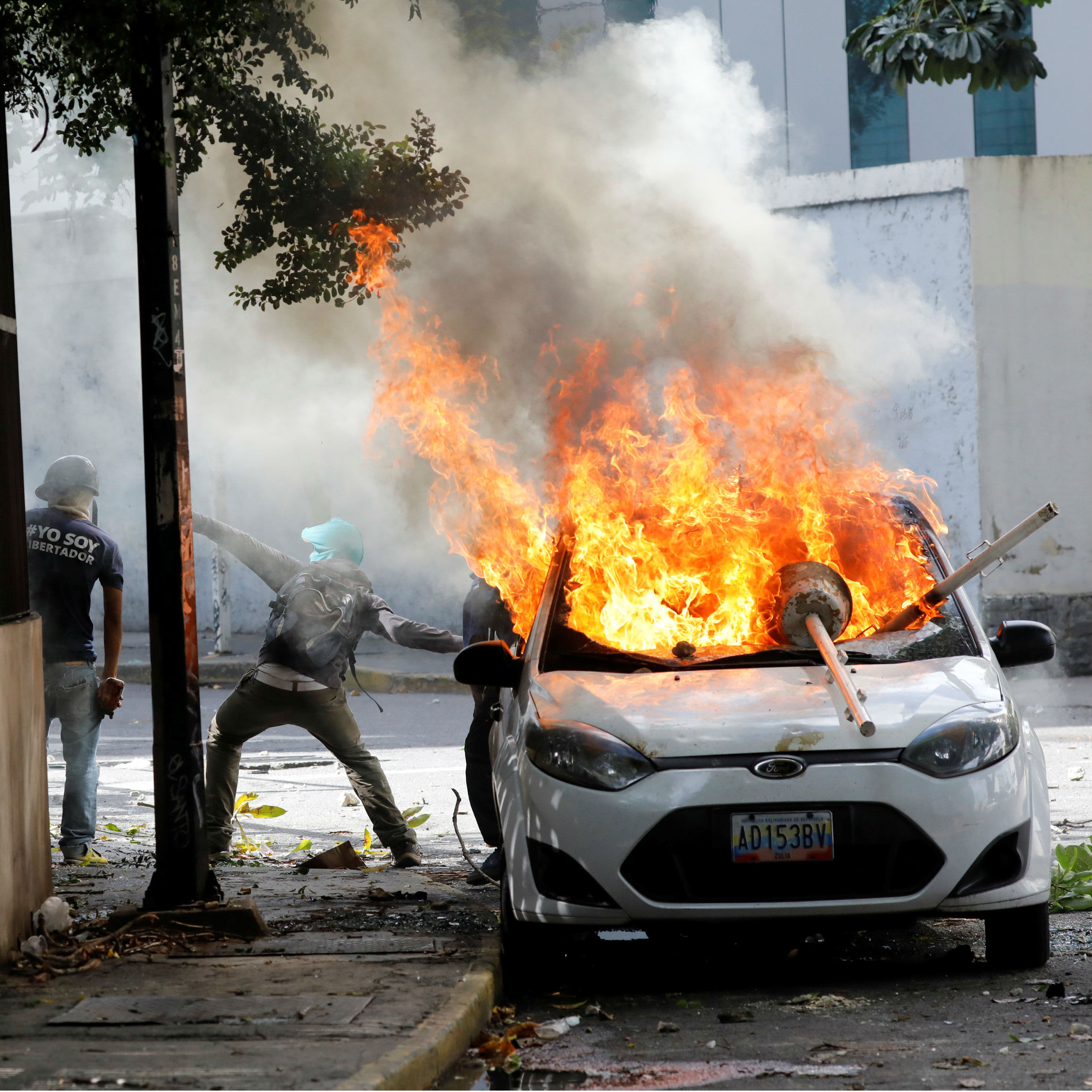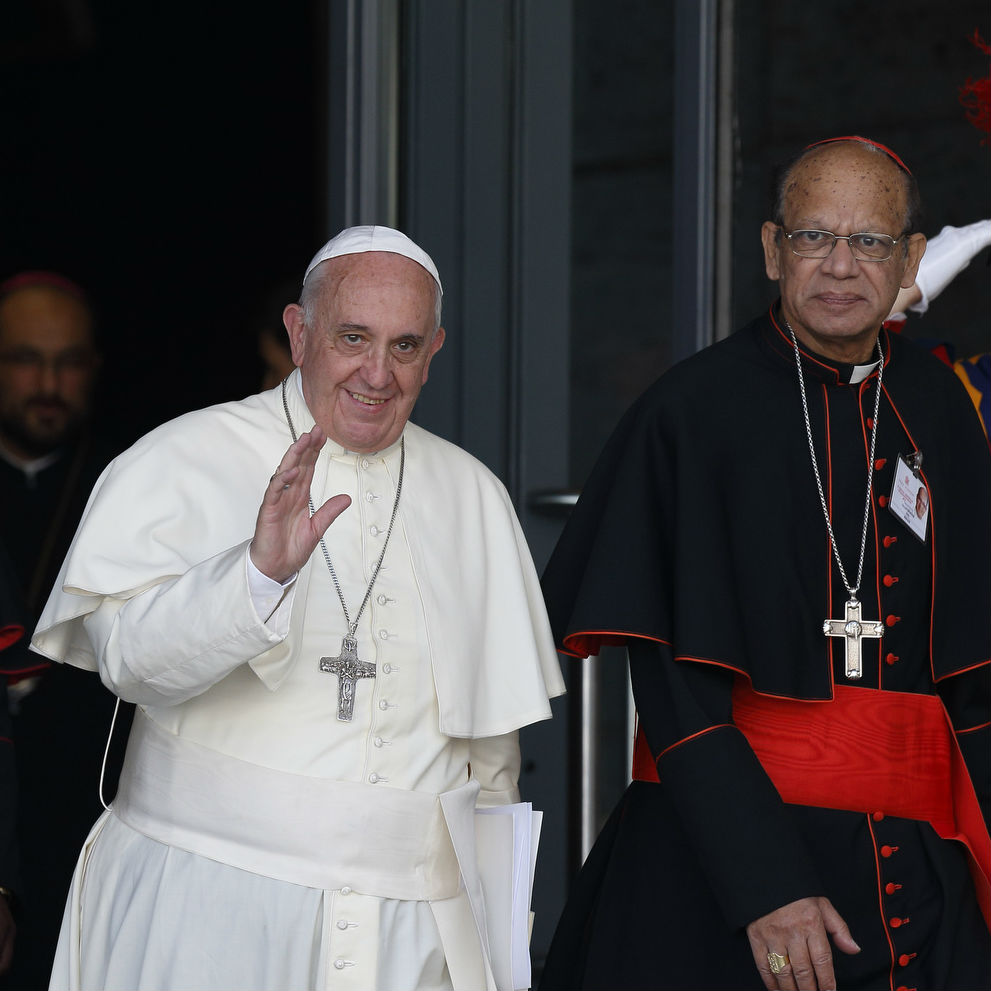The laity may start to have a greater say in the appointment of bishops, a member of the Council of Cardinals has said.
Cardinal Oswald Gracies, Archbishop of Bombay and one of the Pope's close advisers, told the National Catholic Reporter in an interview that the Council of Cardinals — also known as the C9, a group of advisors Francis setup a few months after his election in 2013 — are considering whether to give more weight to the laity when choosing bishops.
The nomination of a bishop normally is usually at the behest of neighbouring bishops, the predecessor, apostolic nuncios — which are a form of Vatican ambassador — and the Pope. Though the laity are at times consulted, Cardinal Gracias said, “we have left it to the discretion of the nuncio whether he will” speak to them.
"We were reflecting whether we should not make it obligatory," the Indian cardinal said.
By forcing the nuncios to consult with laypeople, the process would become more “objective”. If the appointment procedures were formally widened to include members outside the normal clerical gamma, Cardinal Gracias said, a person may be chosen that is better able to to interact with his diocese.
“If”, however, “you choose the wrong person, things can be set back by years in the pastoral life of the church” the cardinal emphasised.
If the Pope were to take this recommendation on board, it would represent the latest effort to get a greater number of laypeople involved in the running of the Church. According to Francis, and those close to him, a more marked lay presence within the Church’s governance — both centrally and locally — would allow for a more “pastoral” approach, one that is more aware of the needs of its faithful and better suited to meet them.
The C9, which is commissioned with drawing up a new apostolic constitution for the Vatican, in the past has also made other openings for the laity to potentially head-up Dicastieries, which are essentially the Holy See’s ministries.
Cardinal Gracias also said, in the same interview, that the pastoral visit to India, which was planned to take place by the end of 2017, is in doubt.
The Bombay archbishop said that he is “beginning to lose hope about 2017.” Talks between the Vatican and Prime Minister Narendra Modi's government about the pastoral visit have not been conclusive.
Even if a green light were to come through in the next few days, the nature of a papal visit, requiring “several months for the dioceses to prepare the people,” makes it unlikely that a visit will happen by the end of 2017.
Getting Modi’s government to agree on a time and on the logistics has made the papal visit “a little bit of a difficult situation”, and it cannot merely “be a flash in the pan,” Cardinal Gracias quipped.
Francis announced the visit back in October 2016, and said that a possible stop in Bangladesh was also being considered.
The last time a Pope visited the Indian subcontinent was with John Paul II in 1999. For that visit, Cardinal Gracias said, the Indian bishops had “planned for almost a year before he came to make it effective.”
If the pastoral visit were to be aborted, it would be the second in the span of less than one month. At the end of May, it was announced that Francis' planned visit to South Sudan would not take place. Though few reasons were provided, the Italian media has spoken of security issues as being the prime concern.
Though the Argentine pontiff may not visit India this year, Cardinal Gracias is confident that at some point in the future it will happen, just as long as they “find a good spot where we can give the Holy Father his due importance and respect.”
PICTURE: Cardinal Oswald Gracias with the Pope in 2014




 Loading ...
Loading ...